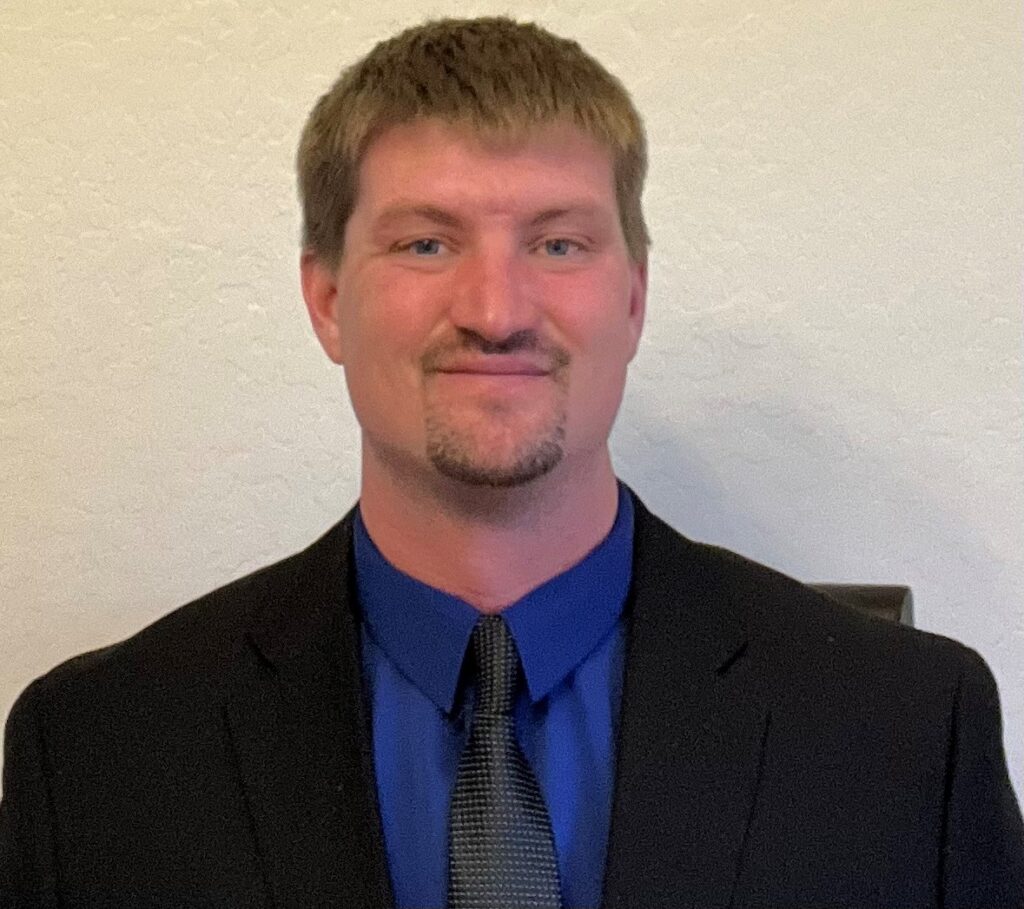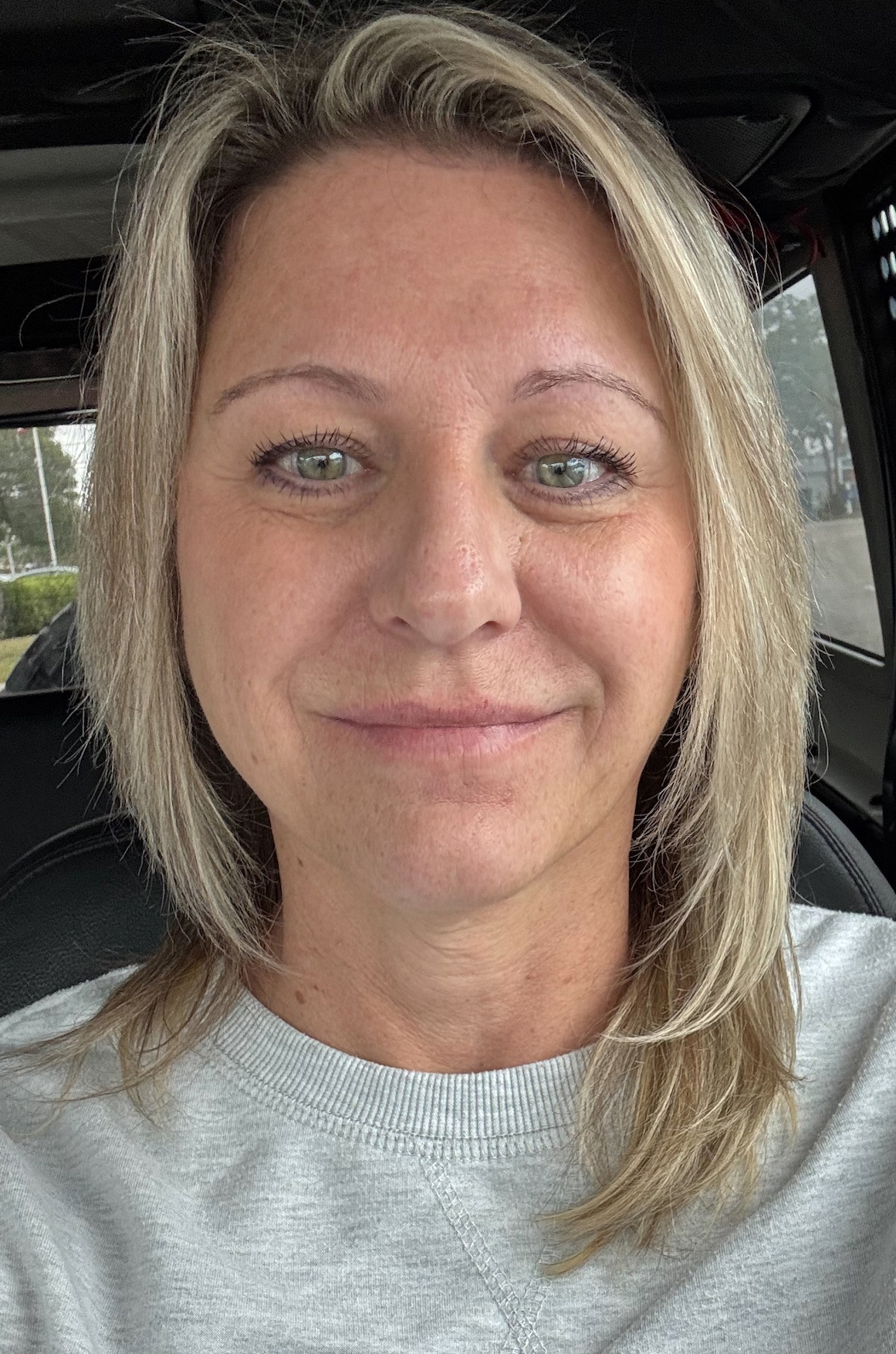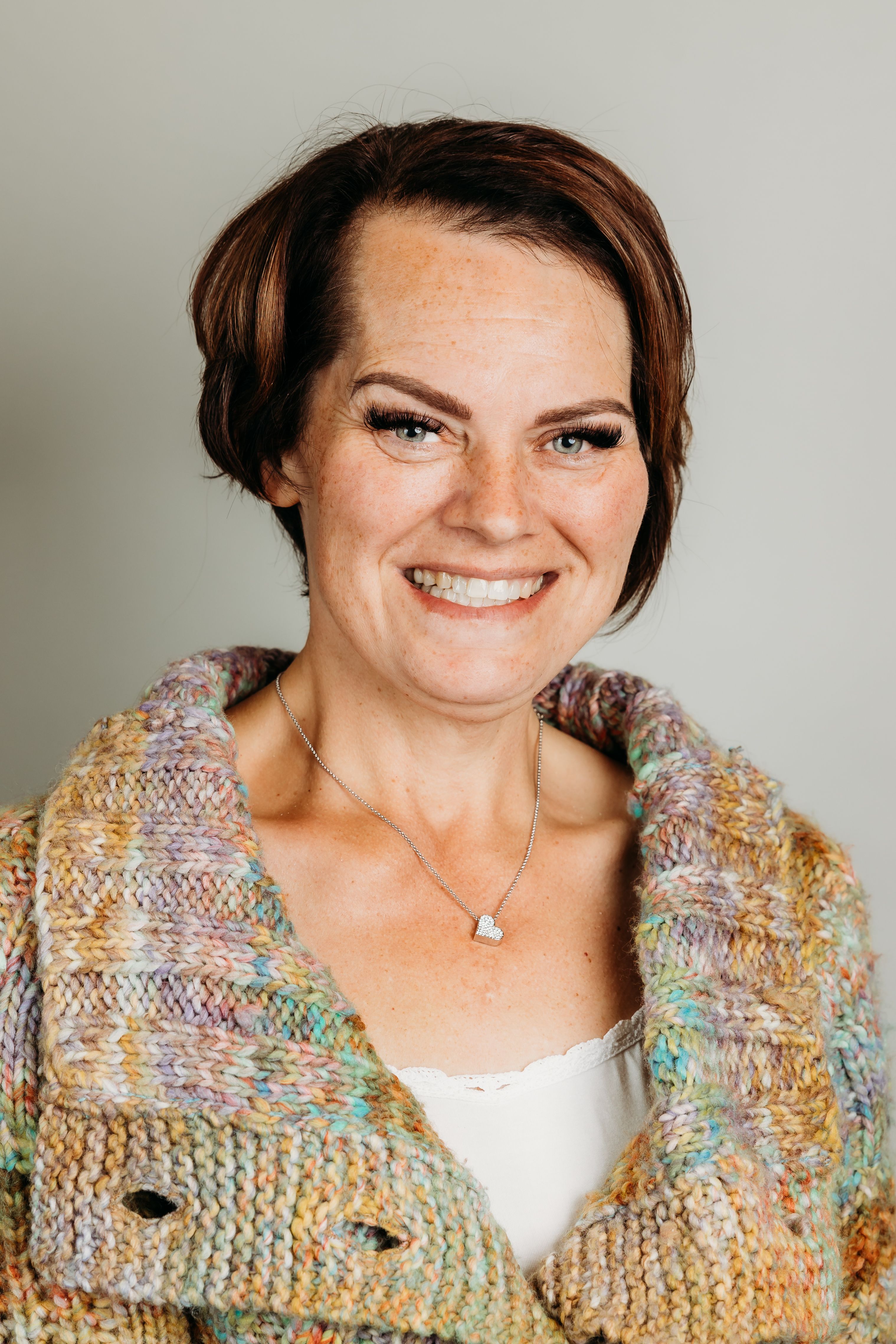
Q: How long have you been an Ukeru trainer?
A: I learned about Ukeru in 2018 and thought it was the most bizarre concept. I visited a program using Ukeru and then the curriculum came to life for me as it works. I became a trainer in 2019.
Q: What population do you work with? What inspired you to get into this field?
A: Adolescent females ages 12-17. I fell into the field after college and was a DCS. I developed a passion through 15 years recognizing our world needs more voices for the voiceless.
Q: What part of Ukeru do you enjoy teaching the most and why?
A: I love teaching the concept that our only goal in a crisis is to get out of it. It is such a simple yet profound idea. Many new staff to the field, often based on how they were raised, believe crisis is a time to teach when brain research has proven the opposite. Ukeru equips us to train the brain.
Q: What would you say to someone who is unsure about using Ukeru?
A: The Ukeru team does an excellent job supporting organizations who are bringing the curriculum on. They are extremely hands on, engaged and supportive through the process. Your organization WILL be better and the more trauma-informed version of itself by adding Ukeru.
Q: What advice or tip would you give to a new Ukeru trainer?
A: Come up with practical examples and simple concepts that you want to “stick” with your colleagues. Those examples are the ones that really brings Ukeru to life.
Q: How has Ukeru impacted your life?
A: Ukeru has given a framework for striving towards being a trauma-informed leader. For years, trauma-informed was a buzz-word no one knew how to implement. Ukeru gives the playbook.
Q: What is your favorite quote or a motto that you like to live by?
A: “Example is not the main things in influencing others. It is the only thing.” – Albert Schweitzer
Q: What three words would you use to describe Ukeru?
A: Trauma-Informed Playbook, Comfort vs. Control, Practical Solutions




